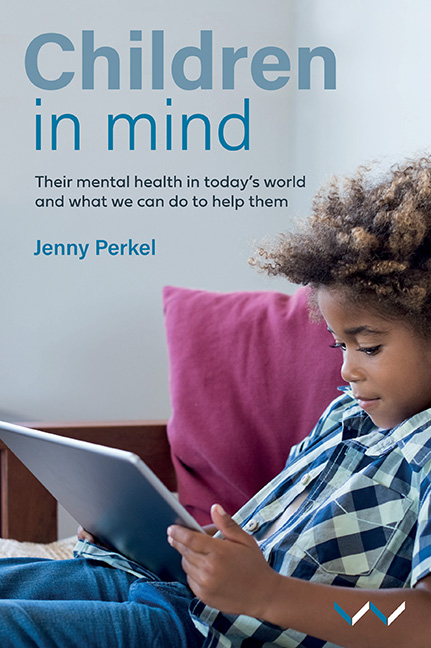1 - What Brings Today’s Children to Psychotherapy?
Published online by Cambridge University Press: 26 May 2022
Summary
When people I meet hear that I am a clinical psychologist working with children, they often ask sympathetically and with concern, ‘Do you work with children who have been badly neglected or abused?’ Their responses are in alignment with research findings that indicate important links between childhood distress and adverse conditions in a child's environment, including poverty, abuse, neglect and parental psychopathology. There is substantial evidence for these links, as discussed in chapters 7 and 8 of this book. But research can also show confusing, unexpected and contradictory findings. My clinical experience has taught me that sometimes children are distressed when the environment at home and at school is not particularly adverse or pathological. Other factors come into play, such as genetic vulnerabilities, neurobiology and subtle interpersonal dynamics in the family. It seems that, to some extent, psychological distress is part of normal life. But, in addition to that, there is so much that researchers, clinicians, medical professionals and psychologists do not know about the developing human mind and what causes distress to children.
When children are distressed, they often don't show it and they can't always find the words to express how they are feeling. Their behaviour is usually what brings them to therapy, especially if it is disturbing, inconvenient or upsetting to the parents. Mental distress manifests in many different ways. For psychotherapists, the focus should be to try to understand the meaning behind the child's symptoms or presenting problems. Once they have done a psychological assessment, they can put together and implement a management plan for the way forward. Sometimes children are distressed but are not taken to a child psychotherapist or mental health worker for any kind of therapeutic intervention. Perhaps their parents and families haven't noticed the distress, for reasons to do with neglect, inadequate resources or preoccupation with themselves or their own problems. They may not believe in or understand psychological interventions, or they may interpret their children's distress in ways that are not connected to mental health. An example of this is a parent who believes that the remedy for difficult behaviour is a ‘good hiding’.
- Type
- Chapter
- Information
- Children in MindTheir Mental Health in Today's World and What We Can Do to Help Them, pp. 13 - 23Publisher: Wits University PressPrint publication year: 2022

